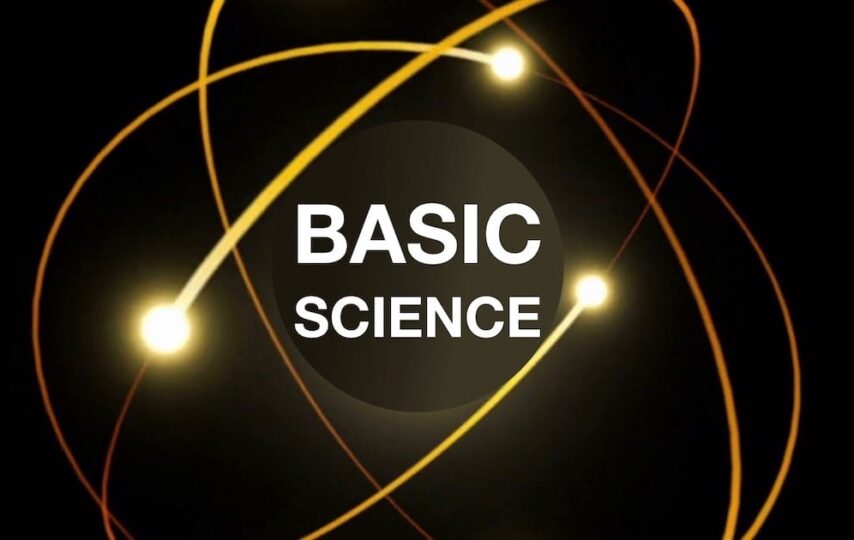Basic sciences take up a significant portion of an MD program’s course curriculum. The duration of an MD program is generally five years that is divided up into ten-semester academic periods. Basic science course can equip the student with the foundation of the medicine program, which is vital to succeeding in their medical profession. The first five semesters focus on the basic science course. During the academic program, the students can develop extensive pre-clinical and para-clinical knowledge to help them succeed in the clinical medicine program in the later semesters.
The basic science program can efficiently develop the scientific theories to familiarize medical students with core topics, including physiology, pharmacology, microbiology, and physiology. This program is essential, and the scope of basic science discipline is immense. Read on to find out.
Caribbean medical schools have been gaining popularity because they offer an integrated course combining basic sciences and clinical medicine that can prepare the students to launch their careers in the medical field. A medical field can shape your entire career and enable you to take on lucrative career paths. Thus, a medical course can be your gateway towards an industry-aligned and futuristic career. Learning from an accreditated Caribbean medical school can ensure a secured residency in the US or Canada. However, these medical schools in the Caribbean islands follow a course curriculum similar to academically leading countries.
With a growing demand for qualified and skilled medical professionals, a basic science course will impart theoretical knowledge and develop practical skills that can cater to the increased potential of a medical student to work in a hospital setting. The basic science course can equip you with foundational knowledge and develop clinical skills that are highly effective in a medical career. Medical students need to go through a well-designed course curriculum of basic sciences as the course focuses on the core topic crucial for a career in medicine. Here are the topic taught in the medical course:
- Gross Anatomy
- Cellular Biology
- Principles of Research and Evidence-Based Medicine
- Biostatistics and Epidomology
- Immunology and Microbiology
- NeuroScience
- Pathology
- Pharmacology
- Clinical Therapeutics
- Introduction and Foundation to Clinical Medicine
These are some of the most crucial topics that a medical student must be well-versed in; thus, learning basic sciences can help you through your career advancements. However, you must also be familiar with the scope of studying a basic science course.
- It helps in understanding the fundamental mechanism causing common diseases.
- To learn about the various dietary intakes that can make us healthy and unhealthy food for the human body.
- Learning about the human body in health and disease is foundational to advanced medical studies.
- Develops the ability to study the human body to recognize various diseases.
- It can refine your skills to become a clinician efficiently.
- To develop analytical and cognitive skills for completing clinical internships.
The basic science course in an MD program occupies a significant part as it acquaints the students with the understanding of core medical concepts and skills that help them further in the course while choosing for specialization. A structured medical program can deliver better results by making the students specialized in starting their medical professional as doctors. Apply now to begin your journey as a medical professional!



